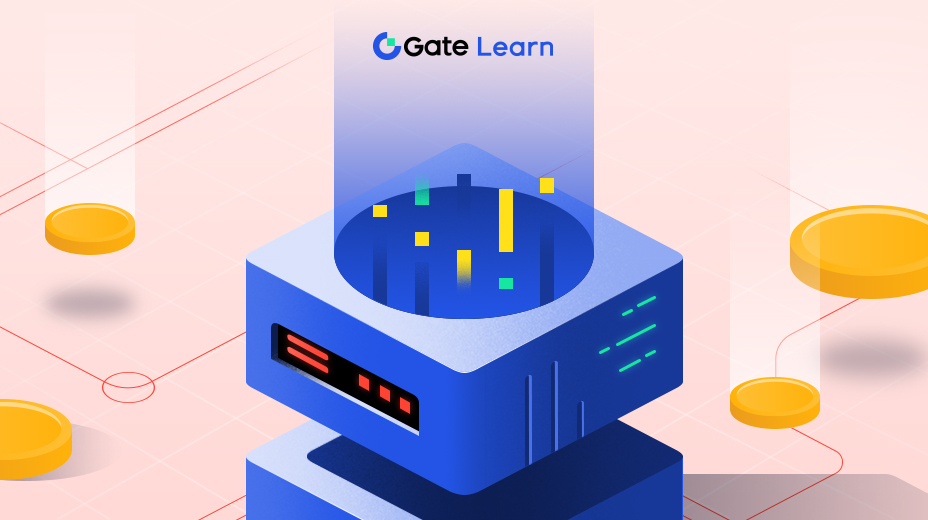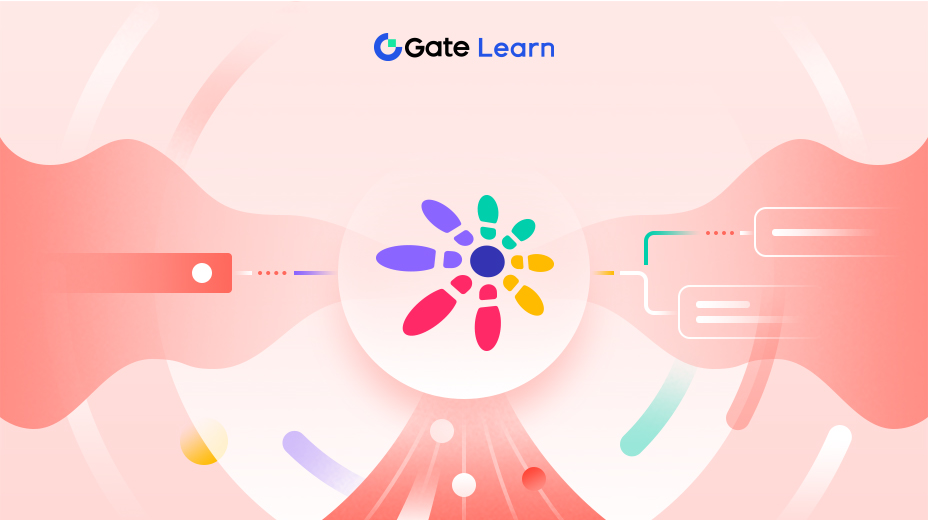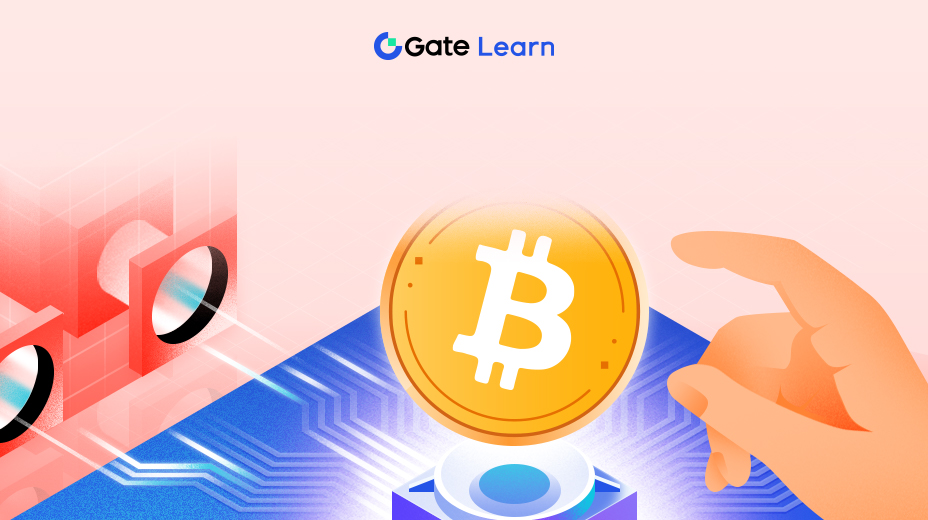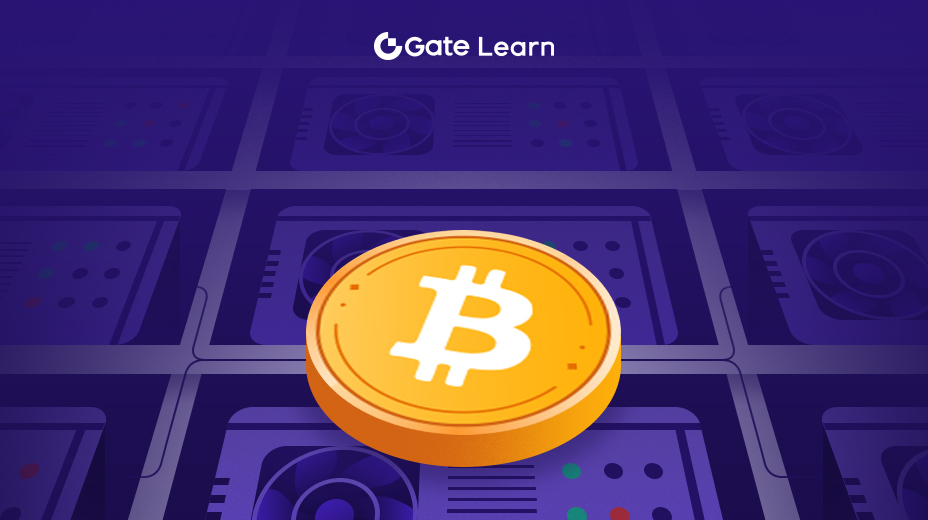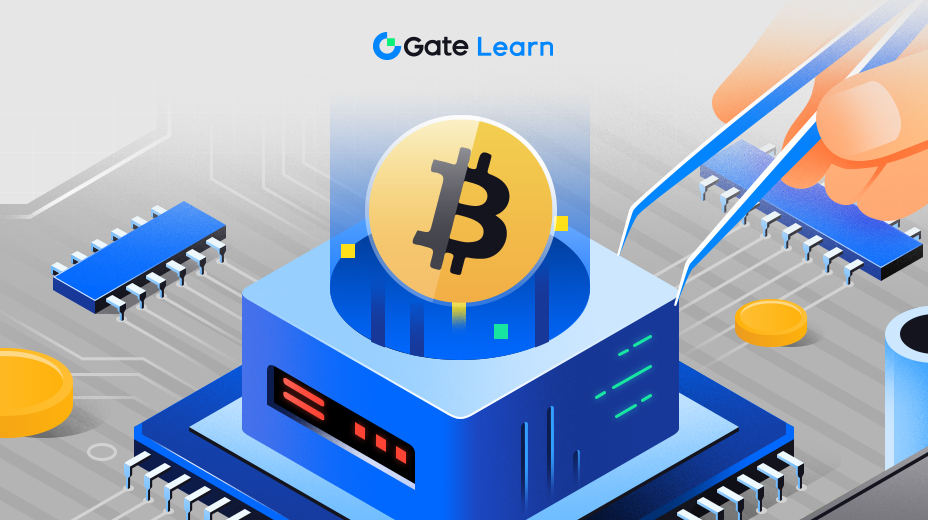The Main DAOs
Investment DAOs allow investors to pool their resources and make collective decisions on where to invest their funds. Crowdfunding DAOs enable individuals or groups to raise funds for projects or initiatives through a decentralized platform, with decisions on allocation made by DAO members. Governance DAOs provide a platform for decentralized decision-making and governance for various types of organizations, such as companies, non-profits, and communities. NFT DAOs allow members to collectively buy and manage non-fungible tokens (NFTs) as investments or for other purposes, with decisions made by DAO members. Social DAOs serve as a community-driven platform for collective action and decision-making around social causes, such as philanthropy, environmentalism, or activism.
Investment DAOs
Investment DAOs are a type of DAO that primarily focus on investment opportunities in various sectors. These DAOs enable members to pool their funds together, and decisions regarding investments are made through a decentralized decision-making process. The investment strategy of these DAOs is governed by the members, and all investment decisions are transparent and made through consensus.
Investment DAOs have the potential to democratize investment opportunities, enabling smaller investors to pool their funds with other like-minded individuals and gain access to investment opportunities that were previously only available to institutional investors. These DAOs also provide a platform for members to collaborate, share knowledge and expertise, and build valuable networks within the industry.
Yield Guild Games (YGG)

Source: YGG
Yield Guild Games (YGG) is a decentralized autonomous organization (DAO) focused on the “play-to-earn” economy within blockchain-based games. The YGG community consists of players and investors who come together to acquire and manage in-game assets that generate revenue through gameplay. YGG operates by utilizing NFTs as assets in a variety of blockchain-based games, such as Axie Infinity, The Sandbox, and Decentraland. The organization allows players who may not have the resources to purchase these in-game assets on their own to participate in the play-to-earn ecosystem.
YGG members can acquire YGG tokens, which grant them voting rights in the organization’s decision-making processes. The community can propose and vote on initiatives, such as which games to invest in and how to manage the acquired assets. The organization also provides resources for new players to learn how to participate in the play-to-earn economy, including a community forum and a dedicated Discord channel. YGG has quickly grown in popularity, with over 60,000 members and a valuation of over $4 billion as of March 2022.
YGG’s focus on the play-to-earn economy has made it a prominent player in the blockchain gaming industry. The organization has partnered with numerous blockchain gaming platforms to expand its reach, including Axie Infinity, Illuvium, and Splinterlands. YGG has also attracted attention from traditional investors, including venture capital firm Andreesen Horowitz, which led a $25 million investment round in the organization in August 2021.
YGG’s success has also led to the emergence of similar organizations, such as Yield Shark Games and Yield Farming Guild. The rise of these organizations highlights the potential of blockchain-based games to create new economic opportunities and communities.
BitDAO

Source: BitDAO
BitDAO is a decentralized autonomous organization (DAO) focused on investing in the decentralized finance (DeFi) space. The organization aims to fund and support projects that advance DeFi infrastructure and promote the adoption of decentralized technologies. BitDAO operates by utilizing a community-driven decision-making process, with members able to propose and vote on investment initiatives.
BitDAO was established in June 2021 and quickly gained attention from the crypto community, with backing from major investors such as Peter Thiel and Alan Howard. The organization raised $230 million in its initial funding round, making it one of the largest-ever fundraisers for a DAO. BitDAO has already made a significant impact in the DeFi space, with investments in projects such as dYdX and Alchemix.
BitDAO’s community-driven investment strategy has set it apart from traditional venture capital firms, which are typically closed to the public. The organization’s open investment process allows anyone to participate in the funding of DeFi projects, democratizing access to investment opportunities in the space. BitDAO also provides resources for new investors to learn about the DeFi ecosystem, including a knowledge base and community forums.
Despite its success, BitDAO has faced challenges, including a $50 million hack in July 2021. The organization has since taken steps to improve its security measures and has continued to make investments in the DeFi space.
Syndicate

Source: Syndicate
Syndicate is a decentralized autonomous organization (DAO) that allows users to invest in early-stage blockchain projects. It was founded in 2021 by a team of experienced investors and developers with the goal of democratizing access to high-quality investment opportunities. The platform leverages the power of blockchain technology to create a transparent, secure, and efficient investment ecosystem.
The Syndicate DAO operates on the Ethereum blockchain and uses a native token called SYD to facilitate transactions and governance. SYD holders can participate in the decision-making process by voting on proposals related to investment opportunities, platform upgrades, and other important matters. Additionally, SYD holders are entitled to a share of the profits generated by the Syndicate DAO.
One of the unique features of Syndicate is its use of a “liquidity bridge” to connect its platform to popular decentralized exchanges (DEXs) like Uniswap and Sushiswap. This allows investors to easily buy and sell SYD tokens and other supported assets without having to leave the Syndicate platform. The liquidity bridge also enables Syndicate to provide users with access to a wider range of investment opportunities, as it can quickly and easily integrate with new projects and tokens.
To ensure that only high-quality projects are listed on the platform, Syndicate employs a rigorous vetting process. Projects must submit a detailed proposal outlining their business plan, team, market opportunity, and other relevant information. The Syndicate community then reviews the proposal and conducts due diligence before voting on whether to accept or reject the project. Once a project is approved, it is listed on the platform and investors can contribute funds.
Crowdfunding DAOs
Crowdfunding DAOs are another popular use case for DAOs. These are DAOs that are specifically created for the purpose of raising funds for a particular project or cause. In these DAOs, members pool their resources together to fund the project, and in return, they receive tokens or other benefits.
Crowdfunding DAOs have a number of advantages over traditional crowdfunding models. For one, they allow for greater transparency and accountability, as all transactions are recorded on the blockchain and can be easily audited. Additionally, because they are decentralized, crowdfunding DAOs are less susceptible to censorship and interference from governments or other centralized entities.
However, there are also some challenges associated with crowdfunding DAOs. One issue is the lack of regulatory clarity around these entities, as many governments have not yet determined how to classify and regulate DAOs. Since crowdfunding DAOs are often powered by community members who may have different agendas and priorities, it can be challenging to reach a consensus on which projects to fund and how to allocate resources.
ConstitutionDAO
ConstitutionDAO was a crowdfunding DAO launched in 2021 with the goal of purchasing a rare copy of the US Constitution at an auction. The project aimed to promote transparency and decentralization in its decision-making process. However, the auction ended up being won by another bidder for a record-breaking $43.2 million, and ConstitutionDAO refunded all of its members’ contributions.
Despite the failure to acquire the Constitution, the project garnered attention for its innovative approach to crowdfunding and DAO governance. The project’s success in raising over $40 million in a short period of time highlighted the potential of DAOs to democratize investment and decision-making. The ConstitutionDAO’s public and transparent decision-making process also demonstrated the potential for DAOs to foster trust and legitimacy.
The project faced some criticism for not having a clear plan in case they were outbid in the auction. Some members argued that the funds should have been used for other purposes related to the Constitution, such as supporting educational programs. Nonetheless, ConstitutionDAO’s experiment with decentralized crowdfunding and governance paved the way for future DAOs to learn from their experience.
The failure of ConstitutionDAO to achieve its goal highlights some of the challenges and risks associated with DAOs, such as the difficulty in coordinating collective action and the vulnerability to external factors beyond the control of the DAO. Nonetheless, the project also showcased the potential of DAOs to transform traditional crowdfunding and investment models by removing intermediaries and empowering communities to collectively make decisions.
Overall, ConstitutionDAO’s brief existence demonstrated the potential for DAOs to promote transparency, decentralization, and community participation in decision-making. While the project did not succeed in its goal, it provided valuable lessons for the DAO community to learn from and improve upon in future endeavors.

Source: ConstitutionDAO
MoonDAO
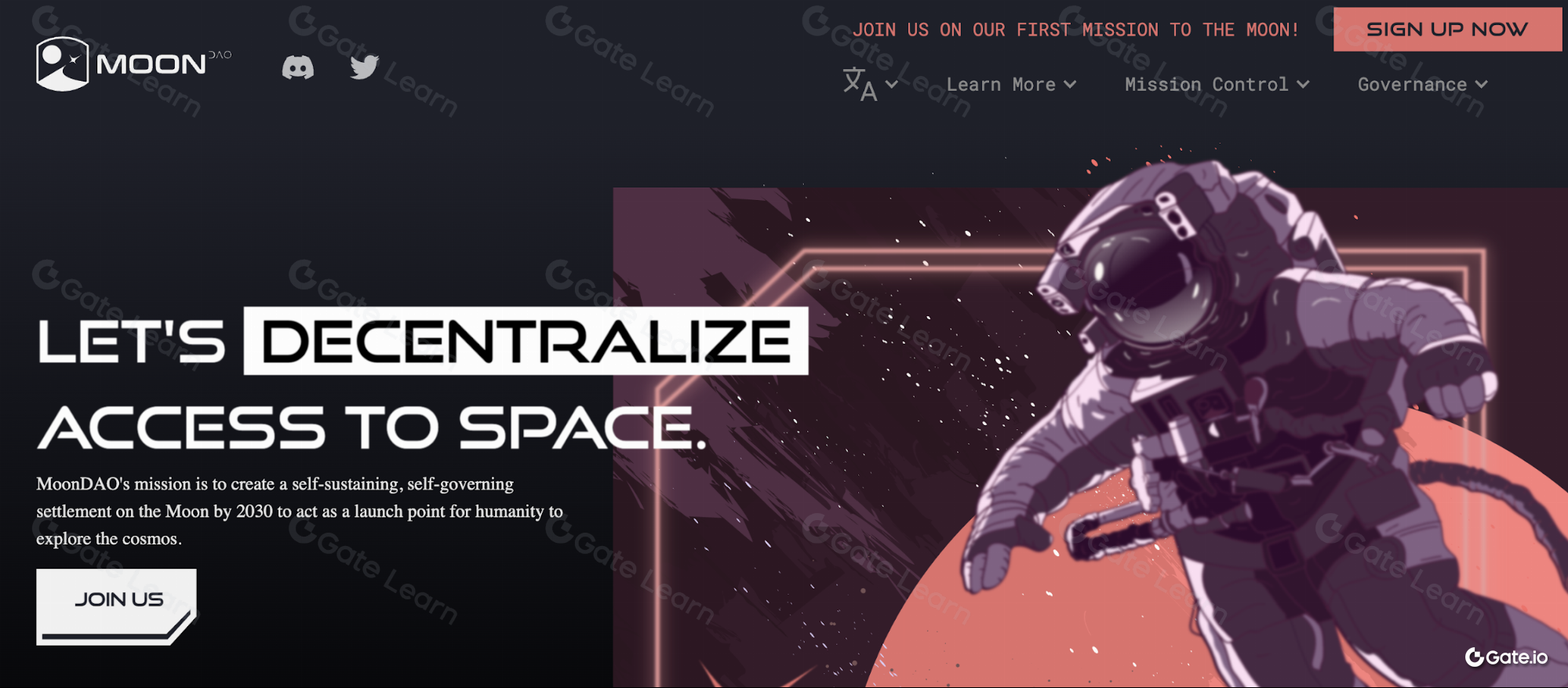
Source: MoonDAO
MoonDAO is a decentralized autonomous organization focused on the exploration and development of space. The project aims to provide opportunities for people to invest in space-related ventures and participate in shaping the future of space exploration. The DAO is built on the Ethereum blockchain and operates through smart contracts, allowing members to vote on proposals and collectively make decisions.
MoonDAO’s main focus is on supporting and funding projects related to space exploration, such as developing technologies for interplanetary travel and mining resources on celestial bodies. The organization also aims to foster a community of space enthusiasts and professionals, providing a platform for collaboration and knowledge-sharing.
MoonDAO has a unique funding model, where members can contribute Ether (ETH) to the DAO in exchange for MoonDAO tokens (MDAO). These tokens give members voting rights on proposals, and also allow them to receive a share of any profits generated by the DAO’s investments.
MoonDAO’s decision-making process follows the typical DAO process, where members can submit proposals for funding, which are then discussed and voted on by the community. Once a proposal is approved, the DAO’s funds are automatically transferred to the project’s smart contract, and the project is executed. MoonDAO also allows members to submit proposals for governance changes, such as modifying the voting system or adjusting the distribution of rewards.
Governance DAOs
Governance DAOs are a type of DAO focused on decentralized decision-making and governance of a particular protocol, blockchain or network. These DAOs allow stakeholders to collectively determine the direction and management of a decentralized ecosystem.
One of the most well-known governance DAOs is MakerDAO, which is responsible for managing the stablecoin DAI. MakerDAO allows MKR token holders to participate in the decision-making process for the protocol, including setting interest rates, adjusting collateral requirements, and managing the risk of the system.
Compound, another popular governance DAO, is responsible for the management of the Compound protocol. Compound allows COMP token holders to propose and vote on changes to the protocol, such as adding new assets to the platform or adjusting interest rates.
Governance DAOs typically have a voting system that allows token holders to cast their vote on proposals. The weight of each vote is usually determined by the number of tokens held by the voter, meaning that those with more tokens have a greater say in the decision-making process.
Some governance DAOs also employ mechanisms to incentivize participation and decision-making. For example, Compound rewards COMP token holders with a portion of the protocol’s revenue for participating in governance.
One of the challenges of governance DAOs is ensuring that decision-making remains decentralized and free from manipulation. Some governance DAOs have implemented mechanisms such as quadratic voting, which aims to prevent a small group of token holders from dominating the decision-making process.
Governance DAOs have the potential to create more democratic and decentralized systems, where stakeholders have a greater say in the direction and management of the protocol or network. However, they also require active participation and engagement from token holders to ensure that decisions are made in the best interest of the community as a whole.
Compound

Source: Compound
Compound is a decentralized lending protocol built on the Ethereum blockchain. It allows users to earn interest on their cryptocurrency holdings by lending them to other users who need to borrow funds. The protocol supports a range of popular cryptocurrencies, including ETH, USDC, DAI, BAT, and others.
Compound is designed to operate in a trustless and decentralized manner, with no central authority controlling the lending process. Instead, lending and borrowing are executed through smart contracts on the Ethereum blockchain, which automatically execute the terms of the agreement when certain conditions are met.
To start using Compound, users must first deposit their cryptocurrency into the protocol’s smart contracts. This creates a supply of that cryptocurrency on Compound, which can then be borrowed by other users who pay interest on their loans. The interest paid by borrowers is distributed to lenders, with the platform taking a small percentage as a fee.
The interest rates on Compound are dynamic and determined by supply and demand. As more users deposit a particular cryptocurrency into the protocol, the interest rate for that cryptocurrency decreases. Conversely, as more users borrow that cryptocurrency, the interest rate increases. This creates a self-regulating market for lending and borrowing that is responsive to changes in demand.
Compound has its governance token, COMP. Holders of COMP have the ability to vote on changes to the protocol, including interest rate adjustments and other governance decisions. They are also eligible to receive a portion of the protocol’s revenue in the form of additional COMP tokens.
MakerDAO

Source: MakerDAO
MakerDAO is a decentralized autonomous organization (DAO) and a platform that allows users to generate DAI, a stablecoin pegged to the value of the US dollar. The platform was created to address the issue of volatility in cryptocurrencies, allowing users to hold a stable asset that can be used for transactions and store of value.
The MakerDAO platform is built on the Ethereum blockchain and is governed by the holders of the platform’s native cryptocurrency, MKR. MKR holders vote on key decisions such as changes to the stability fee (interest rate), new collateral types, and upgrades to the platform. The platform’s stability fee is the interest rate charged on DAI loans, which helps to maintain the peg to the US dollar.
To generate DAI, users can deposit collateral such as Ether (ETH) or Basic Attention Token (BAT) into a collateralized debt position (CDP) on the MakerDAO platform. The value of the collateral must exceed the value of the DAI generated, and there is a required collateralization ratio that must be maintained to prevent liquidation of the CDP. Users can also borrow against their CDP by generating DAI, which can then be used for various purposes such as trading, remittance, and as a store of value.
The MakerDAO platform has been designed to be decentralized and transparent, with all transactions recorded on the Ethereum blockchain. Additionally, the platform has been audited by multiple third-party auditors to ensure its security and reliability. MakerDAO has seen significant growth in recent years, with the total value locked in the platform reaching over $10 billion in early 2021.
Uniswap

Source: Uniswap
Uniswap is a decentralized cryptocurrency exchange that operates on the Ethereum blockchain. It allows users to swap ERC-20 tokens without the need for a traditional order book or intermediary. Instead, Uniswap uses an automated market maker (AMM) system that relies on a mathematical algorithm to determine the exchange rate between two tokens.
The Uniswap protocol was launched in November 2018 by Hayden Adams, a software developer who saw a need for a more efficient and accessible way to trade tokens. Unlike centralized exchanges that rely on a central authority to match buy and sell orders, Uniswap uses a constant product formula to automatically adjust the price of a token based on its supply and demand.
The constant product formula used by Uniswap ensures that the product of the number of tokens in a liquidity pool remains constant. For example, if there are 1,000 ETH and 10,000 DAI tokens in a pool, the product would be 10,000,000. As traders buy or sell either token, the amount of each token in the pool changes, but the product remains constant. This ensures that the exchange rate between the two tokens is always up-to-date and reflective of the market’s demand.
Users of Uniswap can provide liquidity to the pools by depositing an equal value of two tokens into the pool. In exchange for providing liquidity, users earn a share of the fees generated by the trading on that pool. These fees are set at 0.3% of the trading volume, and are paid out to liquidity providers in proportion to their share of the pool.
Uniswap has become a popular platform for decentralized trading, with over $130 billion in trading volume since its launch. It has also been a driving force in the growth of decentralized finance (DeFi) by providing users with a simple and accessible way to trade tokens without the need for a centralized exchange.
Uniswap has continued to evolve since its launch, with the introduction of Uniswap V2 in May 2020, which added features such as flash swaps and price oracles. Uniswap V3, which was launched in May 2021, further expanded the platform’s capabilities with the introduction of concentrated liquidity and multiple fee tiers. With its continued growth and innovation, Uniswap has established itself as a major player in the decentralized finance space.
Bankless

Source: Bankless
Bankless is a DAO and media company focused on educating people about decentralized finance (DeFi). Founded in 2019 by David Hoffman and Ryan Sean Adams, Bankless aims to provide a comprehensive resource for those interested in the decentralized economy. The Bankless DAO is a community-run organization that helps individuals learn about and participate in the DeFi ecosystem. Members of the DAO can earn tokens by contributing to the Bankless ecosystem, such as writing articles, creating videos, and hosting events.
The Bankless DAO is built on Ethereum and uses smart contracts to govern its decision-making processes. The DAO’s treasury is managed through a multi-sig wallet, with funds allocated to various initiatives that support the Bankless mission. Members of the DAO can participate in weekly community calls and forums to discuss strategy and proposals. Bankless has also launched its own token, $BANK, which can be used to access exclusive content and services.
Bankless has grown rapidly in popularity since its inception, with over 18,000 members in its Discord community as of March 2023. The DAO has launched several successful initiatives, including the Bankless Academy, which provides free educational resources on DeFi and cryptocurrency, and Bankless DAO Ventures, a fund that invests in promising DeFi projects. Bankless is at the forefront of the DeFi movement, aiming to empower individuals to take control of their finances and participate in a more decentralized economy.
Lido DAO
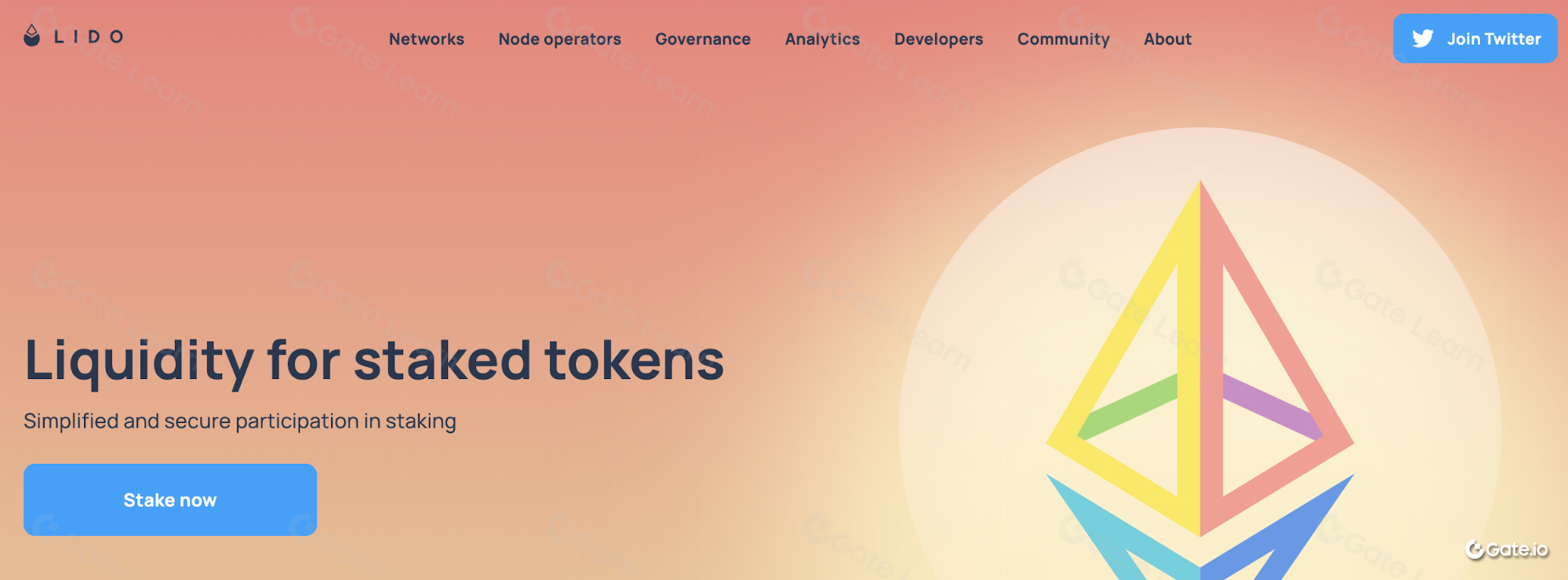
Source: Lido DAO
Lido DAO is a decentralized autonomous organization that aims to provide staking services for Ethereum and other blockchain networks. The project is a collaborative effort between multiple blockchain infrastructure companies, such as Chorus One, Certus One, and Bison Trails, as well as individual community members. The DAO’s main objective is to provide a liquid and decentralized staking solution to Ethereum users, allowing them to participate in the network’s consensus mechanism and earn rewards for validating transactions.
One of the unique aspects of Lido DAO is its liquid staking solution. This means that users can stake their Ethereum and receive a liquid representation of their staked assets in the form of “stETH,” which can be traded on various decentralized exchanges or held as a liquid asset. This allows users to earn staking rewards without having to lock up their assets for an extended period. Additionally, Lido DAO has implemented a trustless and decentralized solution to minimize the risk of theft or loss of staked funds.
The Lido DAO operates through a series of smart contracts, with the core of the system being the Lido token, which represents a user’s stake in the network. Users can participate in the DAO’s governance by holding Lido tokens and voting on proposals through the Snapshot platform. Governance decisions include determining the network’s fee structure, selecting network validators, and implementing new features or improvements to the platform.
Lido DAO has expanded its offering to include other blockchain networks, such as Terra and Solana. This expansion allows users to stake their assets on multiple networks and earn rewards, all through the same Lido interface. Furthermore, the DAO has recently launched a liquidity mining program to incentivize users to provide liquidity for stETH on various decentralized exchanges.
ENS DAO

Source: ENS DAO
The ENS DAO is a decentralized autonomous organization focused on the development and governance of the Ethereum Name Service (ENS). ENS is a service that enables users to register human-readable domain names for their Ethereum addresses, making it easier to send and receive cryptocurrency. The ENS DAO is responsible for managing the ENS registry, developing new features and improvements, and setting policies and guidelines for the ENS ecosystem.
The ENS DAO was launched in August 2021 and is built on Ethereum. Members of the DAO can earn tokens by participating in governance, such as submitting proposals, voting on proposals, and providing feedback. The DAO’s treasury is managed through a multi-sig wallet, with funds allocated to support the development and maintenance of the ENS ecosystem. The ENS DAO aims to provide a decentralized and community-driven alternative to traditional domain name systems, which are often controlled by centralized entities.
The ENS DAO has already launched several successful initiatives, including a proposal to reduce the gas costs associated with ENS transactions, which was approved by the community in October 2021. The DAO is also working on developing new features, such as support for non-fungible tokens (NFTs) and decentralized websites. The ENS DAO is an important component of the Ethereum ecosystem, providing a vital infrastructure layer for the decentralized web.
NFT DAOs
Non-Fungible Tokens (NFTs) have gained significant popularity in recent years, and many projects have emerged to leverage them in DAOs. NFTs are unique digital assets that can represent anything from art, music, collectibles, and virtual real estate.
NFT DAOs allow members to pool their resources to buy and sell NFTs, with decisions made through a democratic process. These DAOs can create a marketplace for buying and selling NFTs, helping to increase liquidity and reduce the barrier to entry for new buyers.
NFT DAOs can also be used for social good. For instance, the PleasrDAO was created in response to the COVID-19 pandemic to raise funds for charity through the sale of NFTs. PleasrDAO is a community-driven platform that allows members to propose and vote on charitable initiatives, with the funds raised from NFT sales going to support those initiatives.
PleasrDAO

Source: PleasrDAO
PleasrDAO is a decentralized autonomous organization that acquires, curates, and governs high-value art pieces. The DAO allows anyone to own a fractional share of valuable artworks that would otherwise be out of reach for most individuals. By pooling resources and leveraging blockchain technology, PleasrDAO is able to acquire and manage collections of art that are owned and governed by the community.
PleasrDAO was founded in 2021 and has quickly gained popularity among art enthusiasts and crypto investors. The DAO has made headlines for its high-profile acquisitions, such as the $69 million digital artwork by Beeple called “Everydays: The First 5000 Days.” The purchase was made through a joint effort between PleasrDAO and a group of traditional art collectors. The acquisition marked a significant milestone for the crypto art market and demonstrated the potential of DAOs to disrupt the art world.
PleasrDAO is not just focused on acquiring valuable artworks but also on promoting and supporting the broader crypto art ecosystem. The DAO has established partnerships with several crypto art platforms and is actively involved in community building and education. PleasrDAO is governed by a group of elected members who make decisions on behalf of the community. The DAO’s governance model is designed to be transparent and inclusive, with regular community meetings and open discussions on key issues.
NounsDAO

Source: NounsDAO
Nouns DAO is a decentralized autonomous organization that allows individuals to collectively own and govern a set of 10,000 unique “Nouns.” Each Noun is a unique, three-letter word that can be used for various purposes, such as branding, marketing, or creative expression. The Nouns were randomly generated and sold through a series of initial offerings, with the proceeds going to a DAO-controlled treasury.
Nouns DAO is an experiment in community ownership and governance of digital assets. The DAO is entirely governed by its members, who make decisions on proposals through a voting process. The Nouns themselves are fully tradable and can be bought, sold, and transferred between individuals. As the Nouns gain in popularity and value, the DAO-controlled treasury continues to grow, providing funding for future initiatives and projects.
Nouns DAO is an example of how DAOs can enable new forms of ownership and governance over digital assets. The Nouns themselves have become a cultural phenomenon, with individuals using them for creative expression and branding purposes. The DAO’s governance model is designed to be democratic and inclusive, with regular community meetings and discussions on key issues. Nouns DAO is a unique and innovative project that demonstrates the potential of DAOs to disrupt traditional forms of ownership and governance.
Social DAOs
Social DAOs are decentralized autonomous organizations designed to support social causes, humanitarian efforts, and community-driven initiatives. These DAOs have a specific purpose of driving social impact and building communities around shared interests or values. They operate on a distributed and democratic model, where members can participate in decision-making and contribute to the organization’s mission.
Social DAOs can take different forms, such as charities, non-profit organizations, community groups, or collective movements. The primary goal of these DAOs is to leverage blockchain technology to create trust, transparency, and accountability in social activities. Social DAOs have emerged as a promising solution for social impact organizations looking to increase transparency, engage communities, and reduce overhead costs.
Social DAOs have the potential to revolutionize the way social impact organizations operate by creating new opportunities for collaboration, transparency, and accountability. These DAOs can bring together individuals with shared values and interests to drive positive change and social impact. Additionally, social DAOs can provide greater access to funding, reduce overhead costs, and increase trust and transparency in social activities.
FWB - Friends with Benefits

Source: FWB
FWB DAO (Friends With Benefits DAO) is a social club that operates as a decentralized autonomous organization. The project is focused on creating a community of like-minded individuals who are interested in blockchain technology and cryptocurrency. FWB DAO aims to be a community-driven organization that brings people together to collaborate and share ideas.
FWB DAO is built on the Ethereum blockchain and is governed by a set of smart contracts. These contracts are responsible for managing the community’s treasury, distributing tokens, and enabling members to vote on proposals. The organization’s decision-making process is designed to be democratic and transparent, with all members having an equal say in the direction of the project.
The FWB DAO community is made up of members who hold FWB tokens, which are used to govern the organization and participate in its activities. The tokens are distributed to members based on their contributions to the community. The more active and engaged a member is, the more tokens they are likely to receive.
FWB DAO aims to create a self-sustaining ecosystem that supports the growth and development of its members. The organization provides a variety of resources and services to its members, including networking opportunities, educational materials, and access to exclusive events and experiences.
FWB DAO has a strong focus on social impact and charitable giving. The organization has partnered with a number of non-profit organizations and has donated a portion of its treasury to various causes. Members of the community are encouraged to propose and vote on charitable initiatives that align with the values and mission of the organization.
FWB DAO has gained significant traction since its launch in 2020, with a growing membership and a strong online presence. The organization has been featured in a number of publications and has attracted attention from both the blockchain community and the broader tech industry. As the project continues to evolve and grow, it will be interesting to see how it continues to shape the future of decentralized organizations and social clubs.
Giveth

Giveth is a decentralized charitable platform that operates as a Decentralized Autonomous Organization (DAO) and focuses on supporting social impact projects. It was launched in 2017 as a response to the shortcomings of traditional philanthropy models and aims to provide a more transparent and accountable way to fund social projects.
The platform is built on the Ethereum blockchain and utilizes smart contracts to automate the process of donating and tracking funds. Giveth’s platform allows donors to contribute directly to social impact projects and track the progress of their donations in real-time. Donors can choose to fund specific projects or donate to the general fund, which is then distributed to projects based on a voting system.
Giveth operates as a community-driven organization, where all members have an equal say in the decision-making process. Members can propose new projects, vote on funding proposals, and contribute to the development of the platform. This democratic approach to governance ensures that Giveth remains true to its values of transparency, accountability, and inclusivity.
Giveth’s “Trace” functionality allows donors to track their donations from start to finish. Donors can see how their funds are being used, who is working on the project, and when each milestone is achieved. This level of transparency is critical in building trust between donors and recipients and ensures that funds are being used effectively and efficiently.
Highlights
Investment DAOs allow investors to pool their resources and make collective decisions on where to invest their funds.
Crowdfunding DAOs enable individuals or groups to raise funds for projects or initiatives through a decentralized platform, with decisions on allocation made by DAO members.
Governance DAOs provide a platform for decentralized decision-making and governance for various types of organizations, such as companies, non-profits, and communities.
NFT DAOs allow members to collectively buy and manage non-fungible tokens (NFTs) as investments or for other purposes, with decisions made by DAO members.
Social DAOs serve as a community-driven platform for collective action and decision-making around social causes, such as philanthropy, environmentalism, or activism.
Related articles:
